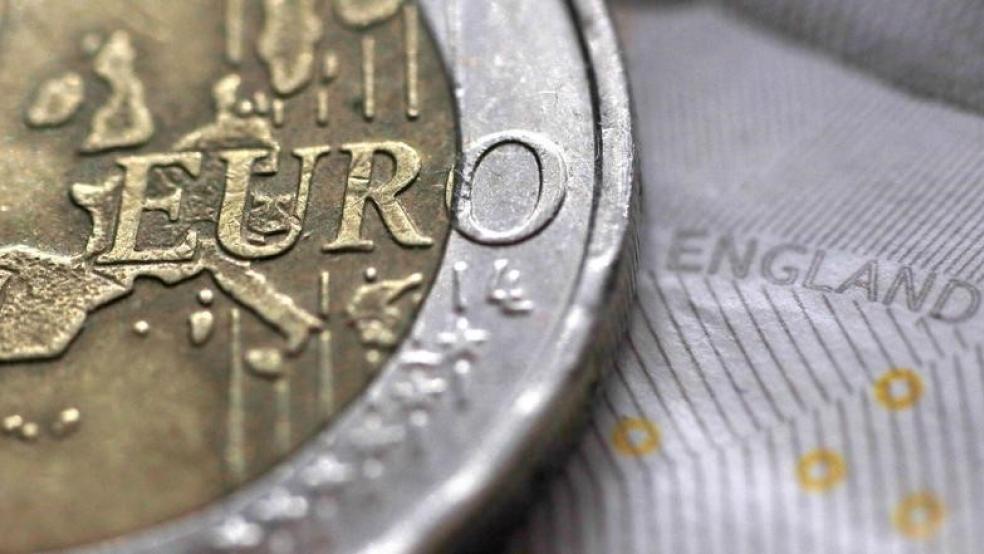NEW YORK (Reuters) - The dollar weakened against the yen on Friday, with tensions simmering on the Korean peninsula and as the boost from heightened expectations of a U.S. interest rate hike in December faded.
The dollar was down 0.42 percent at 111.99 yen, on pace to snap a five-day winning streak against the Japanese currency.North Korea said on Friday it might test a hydrogen bomb over the Pacific Ocean after U.S. President Donald Trump threatened to destroy the reclusive country, with leader Kim Jong Un promising to make a "mentally deranged" Trump pay dearly for his comments."The dollar is coming under a little bit of pressure into the end of the week here. The post FOMC rally in the dollar certainly appears to be losing some steam," said Omer Esiner, chief market analyst at Commonwealth Foreign Exchange in Washington."Increasing tensions with North Korea is putting a little bit of selling pressure on the dollar, especially against the Japanese yen."The yen tends to benefit during times of crisis due to Japan's net creditor nation status, and the expectation that Japanese investors would repatriate assets."Keep in mind the yen is bouncing off of about a two-month low," Esiner said.The dollar scaled a two-month peak of 112.71 yen on Thursday after the Bank of Japan maintained its bond-buying pledge. The move also was spurred by the Federal Reserve's policy statement on Wednesday in which it signaled it still intended to raise rates in December. The dollar index <.dxy>, which tracks the greenback against six major currencies, was down 0.13 percent to 92.136.Meanwhile, sterling skidded against the dollar and the euro after British Prime Minister Theresa May failed to give any concrete details for how Britain might retain preferential access to Europe's single market.In a closely watched speech in Italy, May said Britain should stay in the trade bloc during a roughly two-year transition out of the European Union, and offered concessions on a divorce deal as she appealed for a revival of Brexit negotiations.Sterling was down 0.32 percent against the greenback at $1.3534, after falling as low as 1.349."Theresa May's speech was, as expected, a bit opaque, thin of detail and offered no new fundamental direction," Neil Wilson, senior market analyst at ETX Capital in London, wrote in a noteThe euro inched up 0.07 percent to $1.1947Dollar on back foot versus yen on North Korea jitters

Thomas White



